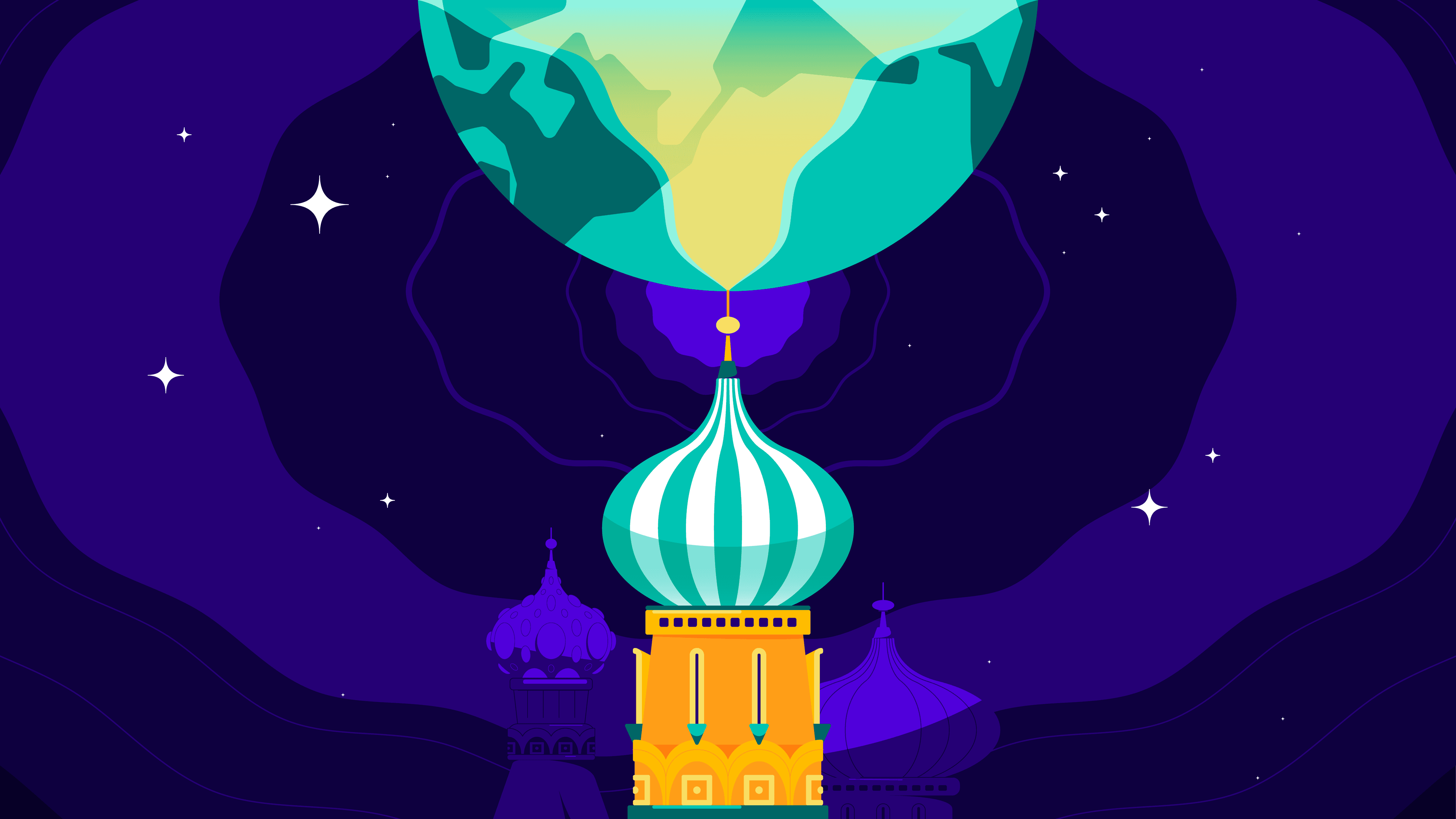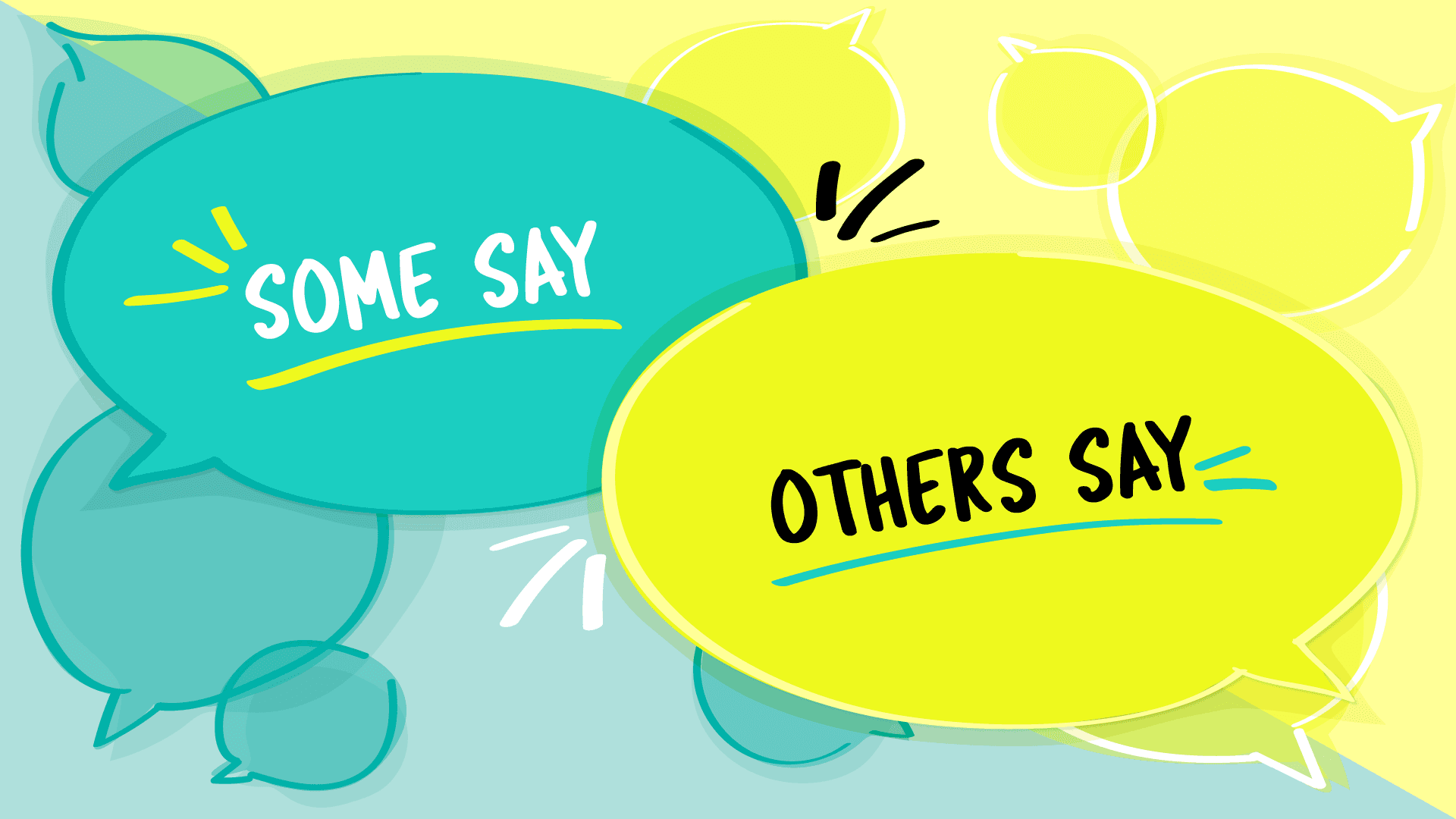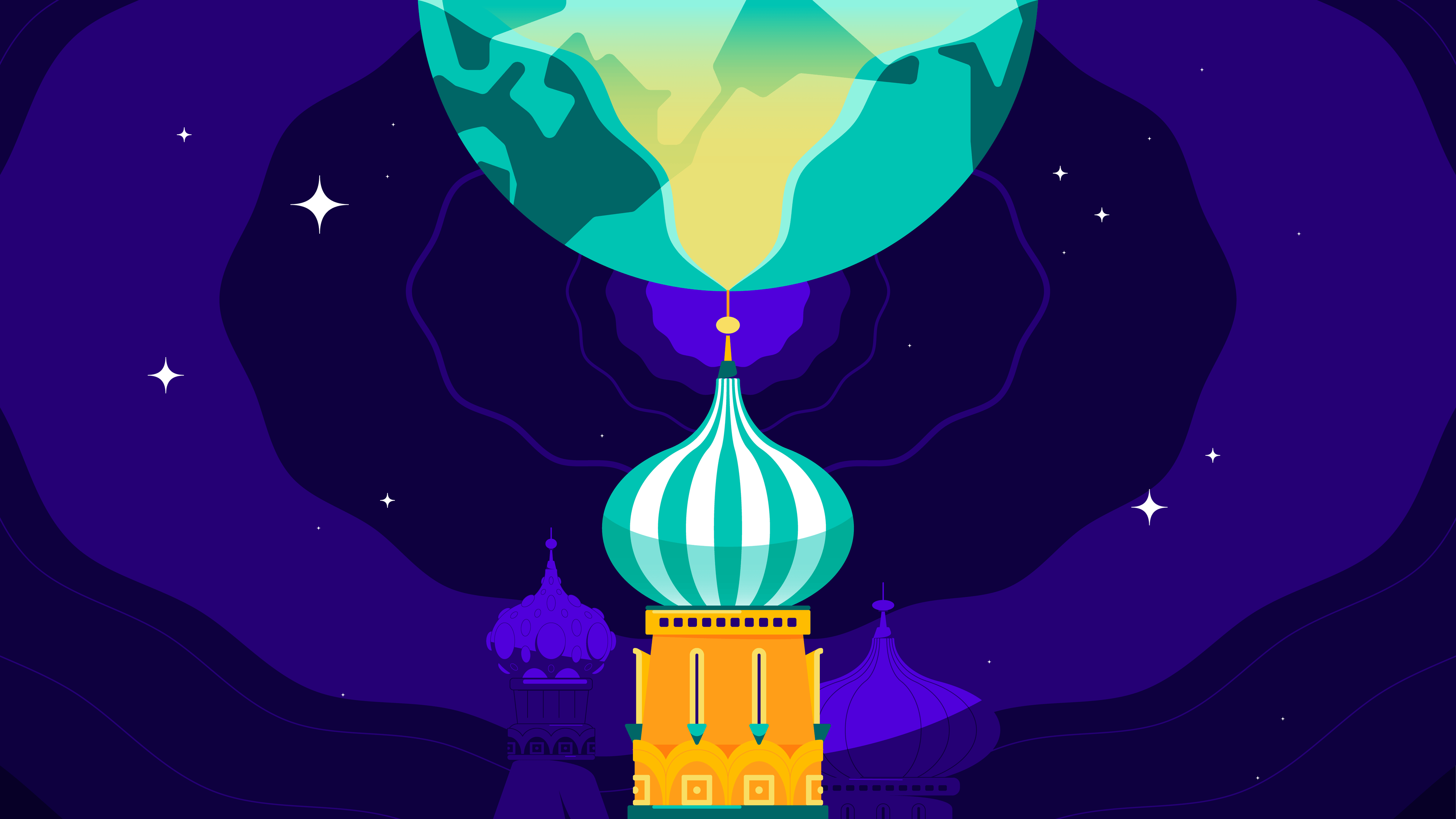Russian President Putin wants the world to take Russia seriously. Part of that approach includes meddling in other countries’ business. And that’s likely to continue for as long as Putin’s calling the shots...which could be a long time.

The Story
Russia is the pesky fly to the Western world’s swatter.
The Background
Russia and the Western world (primarily North America and Europe) have been at ideological odds for decades. During the Cold War, the Soviet Union set up pro-communist governments in Eastern Europe, and the West was on edge over the possibility that it could do the same in Western Europe and beyond. Meanwhile, the Soviet Union was frustrated that the West didn’t view it as a worthy contributor to the international world order. But things started to change in 1989.
What happened then?
The USSR and communism began to collapse, and Soviet countries were free from the USSR’s reign. Post-Soviet Russia was defined by its fear that the rest of the world would see it as weak. To combat this, Russia saw an opportunity to join forces with the West rather than be at odds. That thinking became especially visible under Russian President Vladimir Putin, who was first elected in 2000 and has been steering the Russian ship (with stints as both president and prime minister) ever since. Skimm Notes explains Putin’s background and how he’s held onto power for decades.
At first, his presidential vision board included building a relationship with the West (example: closing its military facilities in Cuba, which was seen as a gesture of goodwill). But as time went on, Putin started to rethink his ‘West friends best friends’ strategy.
Why?
A few events that took place in Russia’s backyard forced Putin to confront the reality that European powers, the US, and former Soviet countries didn’t see Russia as a strategic partner or voice worth listening to. That included…
The US invasion of Iraq: Russia and Iraq have long had economic and security ties. After 9/11, then-President Bush invaded Iraq without getting permission from the UN Security Council, where Russia has veto power. Putin was not amused.
“Color revolutions”: In the early 2000s, a wave of peaceful pro-democracy movements hit former Soviet countries like Ukraine (the Orange Revolution), Kyrgyzstan (the Tulip Revolution), and Georgia (the Rose Revolution). They started as uprisings calling for more modern and democratic countries, and helped usher in pro-Western politicians. This was a clear sign that the West’s influence there was more powerful than Russia’s.
NATO’s expansion: The North Atlantic Treaty Organization started in 1949 as a defense against Soviet threats (think: nuclear warfare). And less than a decade after the fall of communism, a number of formerly Soviet countries in Eastern Europe said ‘hi, can we join?’. On top of that, NATO has refused to let Russia join the squad, despite Putin’s requests.
So what did Putin do about all this?
He came up with a new strategy: no more Mr. Nice Guy. Instead, he planned to show the West just how powerful Russia could be on its own.
The Big Issue
A big question on people’s minds is what exactly does Putin want? The answer: to sit with Regina George at the global lunch table. Decades after Russia lost the influence it wielded during the Cold War, Putin wants the respect of the rest of the world. One of the primary ways he does this is by interfering in other countries’ affairs.
How so?
Let us count (some of) the ways…
Syria: In the early 2010s, the US was fighting ISIS and other terror groups in the Middle East. But it was largely absent in the Syrian civil war, creating a vacuum for Russia to come in and assist forces loyal to Syrian President Bashar al-Assad. Russia reportedly provided them with everything from medical supplies to military weapons. That gave Russia an opportunity to show off its modern military – and send a signal to the world that its defense was a literal force to be reckoned with.
Ukraine: Russia has long seen Ukraine as an extension of itself. In 2014, amid the political turmoil of Ukraine’s pro-Russian president being ousted, Russia annexed Crimea – an autonomous peninsula in Ukraine that used to be part of Russia. The international community considers the move illegal. But Putin says ‘Crimea river’ – that people in the region wanted to be part of Russia. He reportedly criticized the West for refusing to recognize the annexation, calling it disrespectful to “democratic principles.”
Election interference: Russia has long been suspected of interfering or attempting to interfere in elections to promote its own interests around the world, from Canada to Madagascar. That’s right, Madagascar. One of the biggest examples is the US’s 2016 presidential election. Russian operatives hacked the DNC and state election systems, while Russian trolls posted divisive and false information on social media. Russia was also accused of interfering in the UK’s 2016 Brexit referendum by reportedly taking advantage of political donation loopholes and executing a social media campaign focused on pro-Leave messaging. The US and UK governments have said Russia didn’t directly impact results. But Russia was successful in creating chaos and an image that the West doesn’t have its sh*t together.
This all feels like...a lot. Why is this Russia’s MO?
Well it’s not just Russia. Other countries – like, yes, the US – also meddle in other countries’ business, mainly to promote their own interests. While some of Russia’s moves aren’t that different from other countries’ foreign policy tactics (getting involved in conflicts abroad), others are more extreme (cyberattacks). With Russia, some experts say its aggressive foreign policy helps distract the world from its weaknesses at home (think: a failing economy, declining population, reputation for silencing dissent). But others say its strategy is that it doesn’t have one.
What does that mean?
While the West portrays Russia as a giant mastermind, those inside the Russian gov and intel community say the country is more of an opportunist, simply reacting to situations that come up. And that there isn’t necessarily any thoughtful planning behind its international maneuvers.
The Debate

The Impact
On the world…Russia has gotten countries from Africa to the Middle East to South America in its corner by doing things like establishing trade ties and helping pro-Russian leaders get elected and stay in power. Now, it wants to work with China to combat the West’s position on the global stage. Both countries are pretty similar in their opposition to Western ideals. And you know what they say about teamwork – together they could cast a wider net to get countries to turn against Western values.
On the US…Russia’s 2016 election meddling created a sense of chaos and mistrust around the US’s democratic election process. With less than a year until the 2020 presidential election, many – including the intel community – are concerned about how Russia plans to involve itself again. Skimm Notes explains how the US is safeguarding against this year’s elections. You'll learn:
What sets America's elections apart
Why it's so difficult to stop the spread of misinformation
How states are getting ready for 2020
On democracy…Russia is doing what it can to undermine the West’s democratic values. Meanwhile, Putin’s been consolidating power at home. His term limit is up in 2024...but he proposed changes to Russia’s constitution to limit the next president’s power and potentially give himself more responsibility in a new position. If Putin gets what he wants, it would put Russia’s disregard for a political system where its people have a voice on full display.
theSkimm
Russia has taken the opposite approach of ‘if you can’t beat ‘em, join ‘em.’ Its chaotic strategy has led to political crises outside of Russia’s borders. With Putin’s leadership likely to continue beyond 2024, Russia’s efforts to stoke conflict around the world won’t end anytime soon.
Live Smarter
Sign up for the Daily Skimm email newsletter. Delivered to your inbox every morning and prepares you for your day in minutes.
